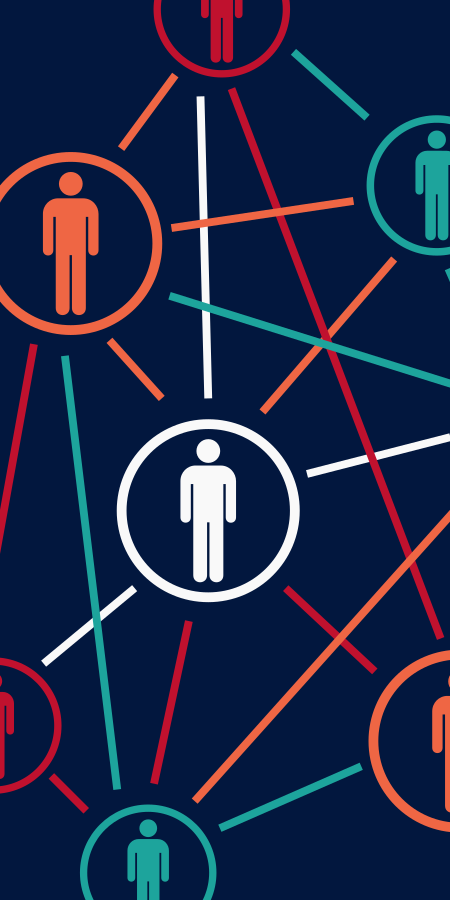We intend to develop an articulate, inclusive and sustainable effort across the whole Brazilian community involved in AI research to contribute to the prosperity of society. We want to address the most crucial challenging problems that hold the harmonious and equitable development of our society. Artificial intelligence can give a game-changing contribution to some global challenges like the exploitation of natural resources; it can contribute to the improvement of medical diagnosis and agricultural efficiency, and can help to fight corruption, organized crime, and terrorism.
Our core purpose is to deploy a non-profit sustainable organization capable of focusing the interests of the AI community to help the Brazilian society to keep up with the international developments in the area. We cannot allow Brazil to miss the opportunity of being a part of the worldwide wave towards an innovative digital society, which would be a nonreturn path in the direction of a submissive society shortly.
We intend to promote partnerships with players in the private sector that understand the fundamental importance of supporting state-of-the-art initiatives in AI and believe that it must be used to change society for the better.
In general, isolated researchers find themselves in a fragile position when trying to establish collaboration agreements with the private sector, due to lack of effective legal infrastructure and steady support from the university. The existence of a reputable and reliable pool of researchers, with their own financial and legal structure, could represent a remarkable improvement in their negotiation position.


On the other hand, a significant amount of the relevant research is being done by the private sector, which benefits from a more active management profile and from the natural allocation of resources to attain specific goals. Instead of competing for the recruitment of best minds, an academy-industry partnership could represent a win-win scenario. This joint-venture, putting together the best expertise from both sides, can contribute to the fundamental research on AI and the innovation ecosystem, and would be very beneficial for all parts involved and for society as a whole.
We intend to harmonize the modus operandi and interests of both the academic and the private sectors exploring the point that some partners have in common: a desire to make a better society with a fair distribution of wealth, opportunities, and privileges.
AI2 will create an environment that guarantees the academic autonomy of our partners and mechanisms to make decisions based on consensus. An essential component of that environment is a mechanism to attract and retain the best talent available; such a mechanism could take the form of Ph.D. and MSc programs in cooperation with degree-granting universities. We should have flexibility regarding compensation, offer positions with outstanding academic freedom and visibility, and provide the necessary means for the researchers to create new startups based on IP they generate. We can also support the creation of startups concerning generous leave-of-absence rules, temporary use of infrastructure, and providing support for administration and legal/financial advice. We could retain a modest share in those startups to fund future initiatives.
We believe that the success of our initiative would make the government and public funding agencies to embrace our cause, and the public investment will follow. However, we should not wait for the establishment of a state policy in the area. When this happens, it could be already too late to catch up with the international development.






